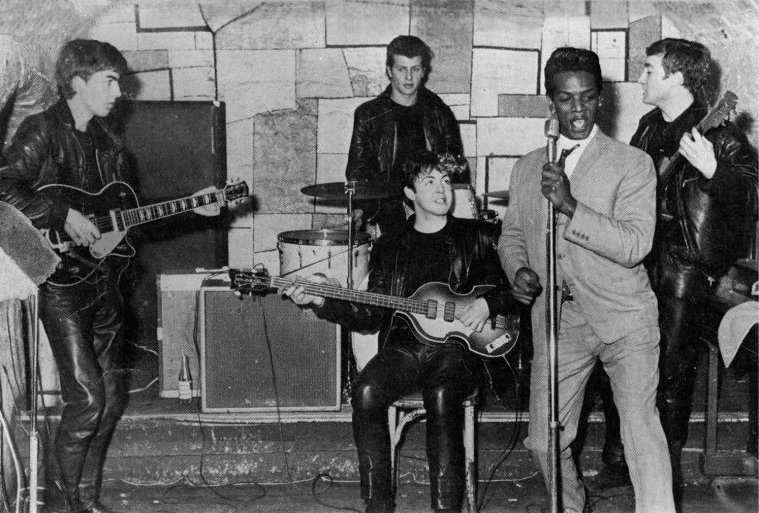We're seeking new members for our 2025 Board of Directors, as well as our founding Associate Board for young professionals 35 and under. Details and application at each of the links above.
The CHIRP Blog
Nick Ammerman: Loose Diamonds writesCHIRP Radio Best of 2017: Nick Ammerman
|
Throughout December, CHIRP Radio presents its volunteers’ top albums of 2017. Our next list is from DJ Nick Ammerman. In alphabetical order: |
Mike Scales writesCHIRP Radio Best of 2017: Mike Scales
|
Throughout December, CHIRP Radio presents its volunteers’ top albums of 2017. Our next list is from Assistant Music Director Mike Scales. These are 10 of my favorite records of 2017 in no particular order! |
Disco Ball Dance Hall writesCHIRP Radio Best of 2017: Sarah Brooks
|
Throughout December, CHIRP Radio presents its volunteers’ top albums of 2017. Our next list is from volunteer Sarah Brooks. |
Jack Ryan writesThe Other Davy Jones
The Internet is an incredible thing. You have more access to information at your finger tips than your ancestors did at any other point in human history, rendering research in in music trivia easy and making any mystery surrounding your favorite artists is pretty much non-existent. That’s not the case when it comes to Davy Jones.
If you're scratching your head at the that statement, you should know I’m not referring to the lead singer of the Monkees. I’m also not referring to David Bowie’s career before he was famous. The Davy Jones I’m referring to is beyond obscure, with a Wikipedia entry that barely stretches past one sentence and no reference or articles published about him on any music website, magazine or blog.
Depending on whom you ask, Davy Jones was either a black American or Canadian soul singer who got his break on the British music scene in the early ‘60s. It’s anyone’s guess as to how he ended up in England. Maybe he was a soldier who was stationed there as part of the NATO military build up in Western Europe during the height of the Cold War. Maybe he was just an average black man who was sick of being kept down because of stateside racism and decided to look for opportunities.
His biggest hit was “Amapola,” a rocked-up version of a popular jazz standard from the late 1930s. While he never became a huge star, he had a minor following that led him to playing packed dates at concert halls around the UK, including some dates in Liverpool in 1961, where a little known beat combo by the name of “The Beatles” were his backing band.

Rubbed in Dirt, Dipped in Sugar writesCHIRP Radio Best of 2017: John Lombardo
|
Throughout December, CHIRP Radio presents its volunteers’ top albums of 2017. Our next list is from DJ and Live Performance Director John Lombardo. |
